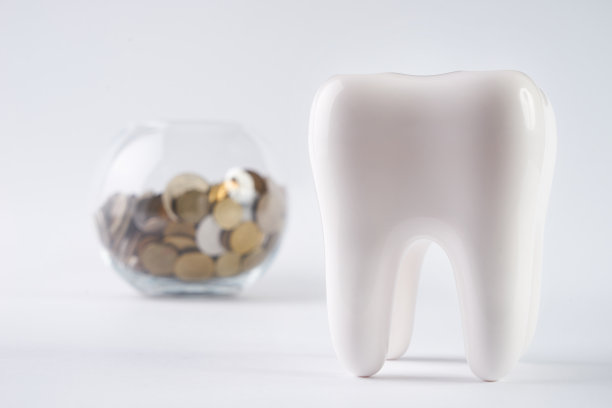The Comprehensive Guide to Understanding Dental Implants for Improved Oral Health and Enhanced Smiles in Modern Dentistry
Summary: Dental implants have transformed modern dentistry by providing an effective solution for individuals suffering from tooth loss. This comprehensive guide explores the fundamentals of dental implants, their benefits, and the different types available, along with essential information on the procedural steps involved. Additionally, the article addresses the importance of dental implants in enhancing oral health and improving smiles, highlighting post-operative care and maintenance to ensure long-lasting results. By understanding these critical aspects, patients can make informed decisions about their dental care, ultimately leading to improved quality of life and self-confidence.
1. Fundamentals of Dental Implants Explained

Dental implants are artificial tooth roots, typically made of titanium, that are surgically embedded into the jawbone. They serve as a robust foundation for replacement teeth or bridges, offering a permanent solution for those with missing teeth. The process of getting dental implants involves a thorough evaluation by a dental professional, including X-rays and 3D imaging, to ensure the jawbone has sufficient density and quality.
The implantation procedure consists of several stages: placement of the titanium post, healing phase where osseointegration occurs, and finally, attachment of the custom-made crown. Osseointegration is a critical process that enables the implant to fuse naturally with bone, providing stability and strength akin to that of a natural tooth.
Understanding the types of dental implants—endosteal (placed in the jawbone) versus subperiosteal (placed above the jawbone but beneath the gum)—is crucial for patients. Each type offers distinct advantages based on individual anatomical factors and patient needs, ensuring that a tailored approach is taken for optimal outcomes.
2. Advantages of Dental Implants for Oral Health
One of the primary benefits of dental implants is their positive impact on oral health. Unlike dentures, which can lead to bone loss over time, dental implants stimulate the jawbone, thereby preserving its density. This is significant since proper bone structure is essential for maintaining facial aesthetics and preventing premature aging.
Additionally, dental implants facilitate better oral hygiene practices. They do not require special cleaning techniques, unlike traditional dentures that need to be removed and cleaned separately. Patients can brush and floss dental implants just like natural teeth, which promotes overall dental health.
The consistency and stability offered by implants also enhance the ability to chew and speak clearly. For many patients, the confidence that comes from having secure teeth cannot be overstated, leading to increased enjoyment in social situations and improved dietary choices.
3. Procedural Steps: What to Expect
The journey to obtaining dental implants begins with a comprehensive consultation. During this initial visit, the dentist assesses the patient’s overall health and oral condition, discussing possible treatment options and answering any questions. Following the assessment, a personalized treatment plan is devised.
The surgical procedure for placing dental implants is typically conducted under local anesthesia, ensuring patient comfort. Post-surgery, patients can expect some swelling and discomfort, which can be managed with prescribed medications. Regular follow-ups will be scheduled to monitor the healing progress, which can take several months.
Once the implant has successfully integrated with the bone, the final step involves crafting and attaching a ceramic crown that mirrors the appearance of natural teeth. This step not only restores functionality but also boosts the esthetic appeal of the patient’s smile.
4. Post-operative Care and Maintenance
Successful dental implant outcomes largely depend on diligent post-operative care. Patients are encouraged to follow their dentist’s aftercare instructions, which typically include using ice packs to reduce swelling and sticking to a soft diet initially to avoid placing undue stress on the surgical site.
Routine dental check-ups play a vital role in maintaining the integrity of dental implants. Professional cleanings allow the dentist to monitor the implant and surrounding tissues for any signs of infection. Patients should also maintain excellent home care practices by brushing and flossing regularly around the implant.
Additionally, lifestyle choices significantly affect the longevity of dental implants. Avoiding tobacco products, which impair healing, and limiting sugary foods can greatly contribute to the overall success of the dental implant, ensuring patients enjoy their improved smiles for many years.
Summary:
In conclusion, dental implants offer a transformative solution for those experiencing tooth loss, significantly enhancing oral health and cosmetic appearance. With a thorough understanding of their fundamentals, advantages, procedural steps, and maintenance, patients are better equipped to make informed decisions about their dental care.
This article is compiled by Vickong Dental and the content is for reference only.


